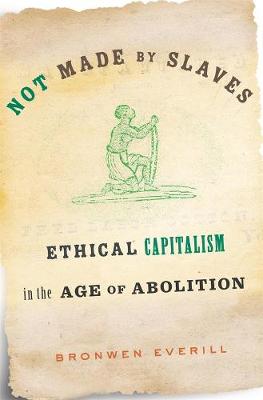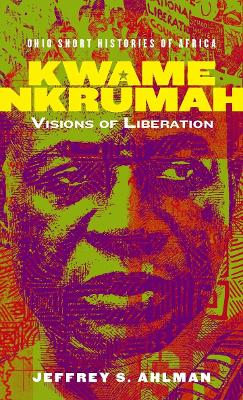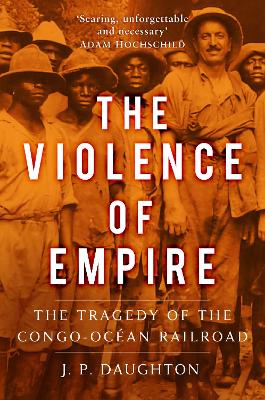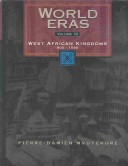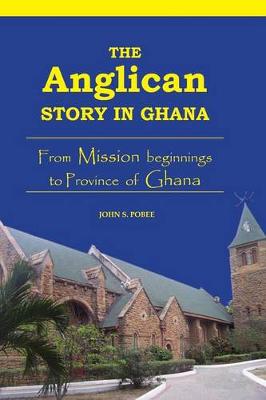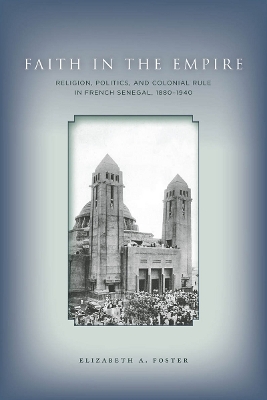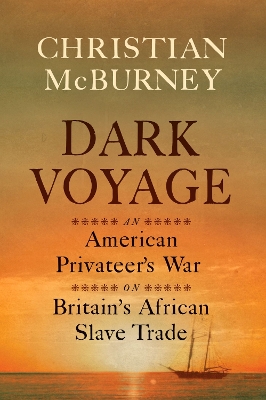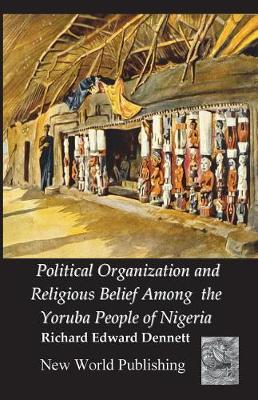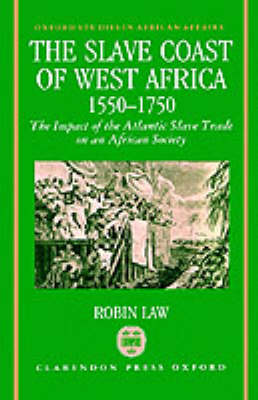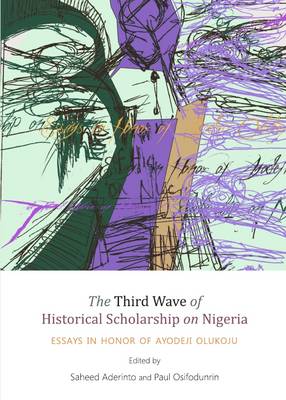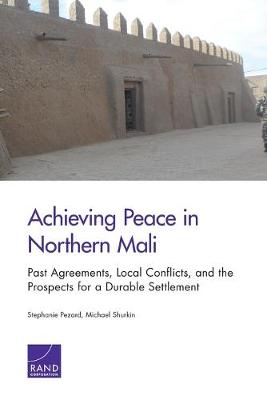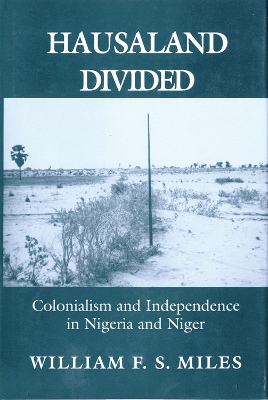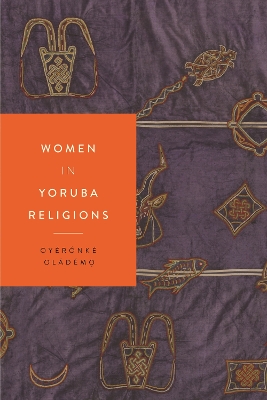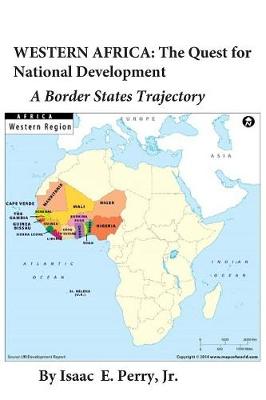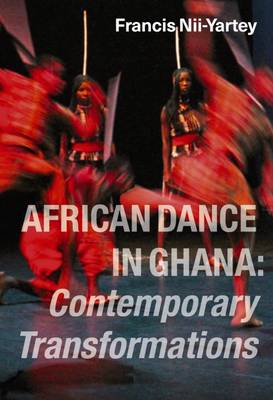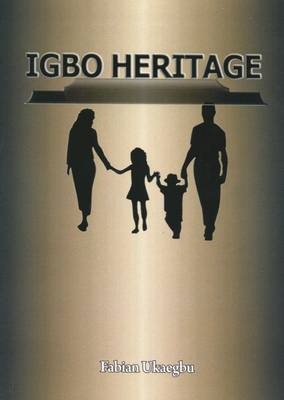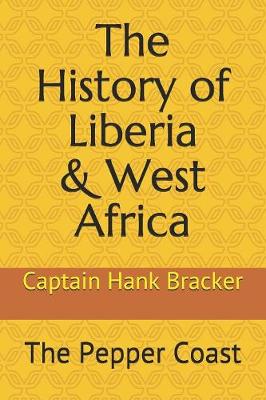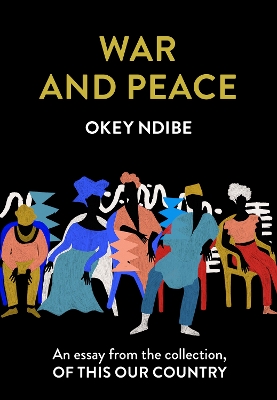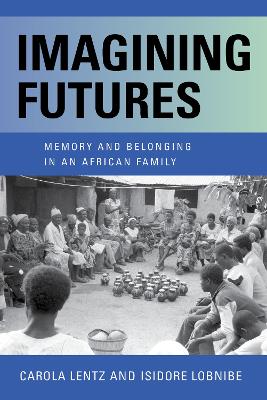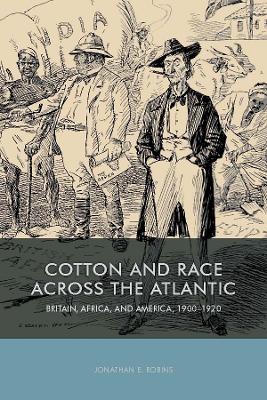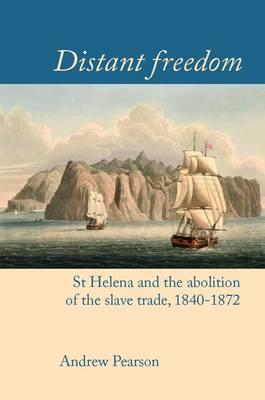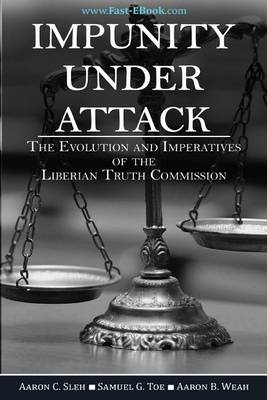How abolitionist businesses marshaled intense moral outrage over slavery to shape a new ethics of international commerce."East India Sugar Not Made By Slaves." With these words on a sugar bowl, consumers of the early nineteenth century declared their power to change the global economy. Bronwen Everill examines how abolitionists from Europe to the United States to West Africa used new ideas of supply and demand, consumer credit, and branding to shape an argument for ethical capitalism.Everill foc...
A new biography of Ghana's Kwame Nkrumah, one of the most influential political figures in twentieth-century African history. As the first prime minister and president of the West African state of Ghana, Kwame Nkrumah helped shape the global narrative of African decolonization. After leading Ghana to independence in 1957, Nkrumah articulated a political vision that aimed to free the country and the continent--politically, socially, economically, and culturally--from the vestiges of European col...
'Masterful' The Economist The Congo-Océan railroad stands as one of the deadliest construction projects in history. It was completed in 1934, when Equatorial Africa was a French colony. African workers were conscripted at gunpoint, separated from their families and subjected to hellish conditions as they hacked their way through dense tropical foliage; excavated by hand thousands of tonnes of earth in order to lay down track; blasted their way through rock to construct tunnels; or risked their...
West African Kingdoms 500-1590 (World Eras, #10)
by Pierre-Damien Mvuyekure
Faith in Empire is an innovative exploration of French colonial rule in West Africa, conducted through the prism of religion and religious policy. Elizabeth Foster examines the relationships among French Catholic missionaries, colonial administrators, and Muslim, animist, and Christian Africans in colonial Senegal between 1880 and 1940. In doing so she illuminates the nature of the relationship between the French Third Republic and its colonies, reveals competing French visions of how to approac...
Political Organization and Religious Belief Among the Yoruba People of Nigeria
by Richard Edward Dennet
The Slave Coast of West Africa, 1550-1750 (Oxford Studies in African Affairs)
by Robin Law
This book studies the impact of the Atlantic slave trade on the 'Slave Coast' of West Africa, an area covering modern south-eastern Ghana, Togo, Benin, and south-western Nigeria. This region was one of the most important sources of slaves for the Atlantic slave trade, and its history provides an exceptionally well-documented illustration of the effect of the trade on the indigenous African societies involved in it. The expansion of slave exports during the seventeenth and early eighteenth centur...
The Third Wave of Historical Scholarship on Nigeria
This festschrift in honor of Professor Ayodeji Olukoju, one of Nigeria's brightest historians, brings together scholarship representative of the third wave of historical scholarship on Nigeria. Olukoju, a pioneering historian of Nigerian maritime history, also produced significant revisionist scholarship in the areas of economic, urban, and infrastructure history. The contributions in this volume epitomize the groundbreaking directions of his career; they are marked by a search for new explanati...
Achieving Peace in Northern Mali
by Stephanie Pezard and Michael Shurkin
Hausaland Divided (The Wilder House Series in Politics, History and Culture)
by William F. S. Miles
How have different forms of colonialism shaped societies and their politics? William F. S. Miles focuses on the Hausa-speaking people of West Africa whose land is still split by an arbitrary boundary established by Great Britain and France at the turn of the century. In 1983 Miles returned as a Fulbright scholar to the region where he had served as a Peace Corps volunteer in the late 1970s. Already fluent in the Hausa language, he established residence in carefully selected twin villages on eit...
Uncovers the influence of Yoruba culture on women’s religious lives and leadership in religions practiced by Yoruba people Women in Yoruba Religions examines the profound influence of Yoruba culture in Yoruba religion, Christianity, Islam, and Afro-Diasporic religions such as Santeria and Candomblé, placing gender relations in historical and social contexts. While the coming of Christianity and Islam to Yorubaland has posed significant challenges to Yoruba gender relations by propagating patria...
To define Nigeria is to tell a half-truth. Many have tried, but most have concluded that it is impossible to capture the true scope and significance of Africa's most populous nation through words or images. Yet here, through personal essays from 24 of its writers, a more accurate picture comes into view, and in his essay Okey Ndibe explores the country that draws conflicting emotions from him through the memory of his grandfather's life and the histories that ma...
What keeps a family together? In Imagining Futures, authors Carola Lentz and Isidore Lobnibe offer a unique look at one extended African family, currently comprising over five hundred members in Northern Ghana and Burkina Faso. Members of this extended family, like many others in the region, find themselves living increasingly farther apart and working in diverse occupations ranging from religious clergy and civil service to farming. What keeps them together as a family? In their groundbreaking...
Sao Nicolau - Sua Historia E Suas Gentes
by Jose Alves Fortes and Susana Fortes
During the first two decades of the twentieth century, demand for raw cotton in Europe, Asia, and America outstripped production as African Americans migrated away from Southern cotton fields. Consequently, industrialists in Europe turned to Africa for new sources of cotton. This volume documents the efforts by British financiers and colonial officials, along with some African-American allies, to bring the American model of cotton production to colonial Africa. In a narrative featuring a host...
Distant freedom (Liverpool Studies in International Slavery, #10)
by Andrew Pearson
This book is an examination of the island of St Helena's involvement in slave trade abolition. After the establishment of a British Vice-Admiralty court there in 1840, this tiny and remote South Atlantic colony became the hub of naval activity in the region. It served as a base for the Royal Navy's West Africa Squadron, and as such became the principal receiving depot for intercepted slave ships and their human cargo. During the middle decades of the nineteenth century over 25,000 'recaptive' or...
French Colonialism Unmasked: The Vichy Years in French West Africa (France Overseas)
by Ruth Ginio
